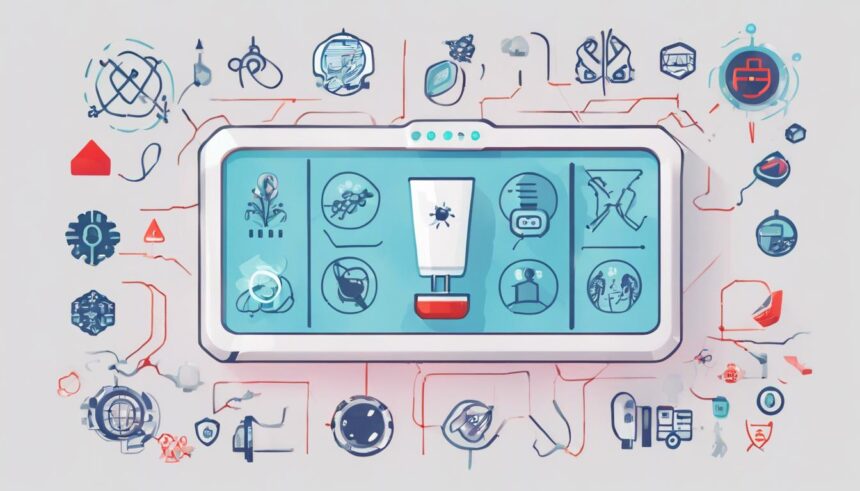A new market research report indicates a significant shift towards Over the Counter (OTC) and Direct to Consumer (DTC) diagnostics, potentially transforming public health strategies and increasing access to infectious disease management tools.
In a groundbreaking development for the diagnostics industry, the latest market research report hints at a significant shift towards Over the Counter (OTC) and Direct to Consumer (DTC) infectious disease diagnostics, catalyzed by the COVID-19 pandemic. This dynamic shift paves the way for major advancements in at-home diagnostic technologies, offering a fresh perspective on infectious disease management and potentially transforming public health response strategies for future pandemics.
Traditionally, diagnosing infectious diseases involved a visit to a healthcare provider, followed by laboratory-based testing. This process, while effective, often results in delays in diagnosis and treatment, and can be a barrier to testing for people concerned about privacy, stigma, or the inconvenience of scheduling a physician’s appointment. In contrast, OTC/DTC diagnostics allow individuals to perform tests at home, receive results quickly, and maintain a greater degree of anonymity.
The COVID-19 pandemic served as a catalyst for the rapid adoption and acceptance of home-based testing solutions. Many regulatory bodies responded to the urgent need for widespread testing by fast-tracking approval of home testing kits for COVID-19. These moves not only facilitated broader access to crucial diagnostic tools during the pandemic but also set a precedent for the regulatory acceptance of home-based tests for other infectious diseases.
The privacy and convenience offered by OTC/DTC diagnostics are significant drivers of their growth. With the increasing digitization of health services and advancements in telehealth, individuals are more inclined towards managing their health independently whenever possible. This trend is bolstered by technologically advanced testing kits that can provide accurate results in a matter of minutes, thus empowering consumers with immediate health insights.
Furthermore, the report outlines the ongoing competition between polymerase chain reaction (PCR) and immunoassay approaches to diagnostics, along with emerging technologies like CRISPR-based diagnostics, which are making strides towards further simplifying and enhancing the accuracy of at-home testing. Self-sampling technologies, which have seen rapid developments in recent years, are also highlighted as a key enabler of the shift towards OTC/DTC diagnostics, allowing for the easy collection of samples without professional intervention.
The infectious diseases covered in the report include, but are not limited to, HIV, hepatitis B and C, human papillomavirus (HPV), influenza, chlamydia, gonorrhea, and urinary tract infections (UTIs). The expansion of home testing capabilities to include a broad range of infectious diseases could markedly improve early detection rates, reduce transmission, and facilitate timely treatment.
The report emphasizes the evolving landscape of the diagnostic market, detailing the shift from traditional laboratory-based testing to a more decentralized model where testing can occur in various settings, including homes, pharmacies, and community centers. This shift is not without its challenges, however. Trust in the accuracy and reliability of home-based tests compared to laboratory-based tests remains a significant concern among both consumers and healthcare professionals. Additionally, while OTC/DTC diagnostics can play a crucial role in infectious disease management, they also raise questions about the appropriate interpretation of results and subsequent medical follow-up.
This latest research underscores a pivotal moment in the diagnostics industry, where the adoption of OTC/DTC infectious disease diagnostics could lead to a significant leap forward in public health capabilities, providing individuals with unprecedented control over their health management. With this shift, the diagnostics market is set to expand and evolve, offering new opportunities for innovation, and potentially shaping the future of disease prevention and treatment strategies on a global scale.





